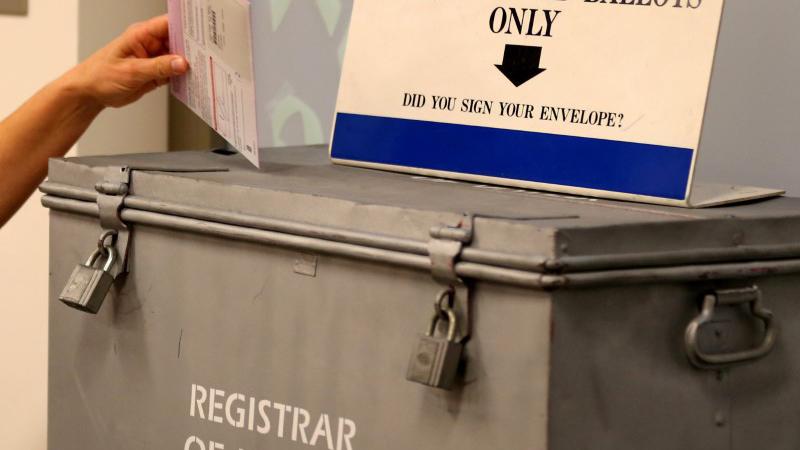Iowa caucuses: What to know
Democratic voters were divided between more moderate and strong liberal candidates
Problems with a mobile app appeared to force a delay in reporting the results of the Iowa caucuses Monday, leaving the campaigns, voters and the media in election limbo and pressing for an explanation.
An Iowa Democratic Party official pointed to “inconsistencies in the reporting” of the results and said “quality control” efforts were holding up the results. The official stressed that delay was not caused by a “hack or an intrusion.”
Initial data from the Fox News Voter Analysis showed Iowans were divided among the Democratic candidates, some of whom have very different views – and plans – regarding everything from taxes to health care.
About one-third of caucus-goers indicated they simply wanted to restore the political atmosphere to the pre-President Trump days, signifying a desire for more moderate policies – like those of former Vice President Joe Biden.
HOW DO THE IOWA CAUCUSES WORK? HERE'S EVERYTHING YOU NEED TO KNOW
DURING IOWA CAUCUS, SMALL BUSINESSES WIN BIG: 'EVERYTHING GETS TOUCHED'
However, a full two-thirds said they want structural change – favoring candidates like Independent Vermont Sen. Bernie Sanders and Massachusetts Sen. Elizabeth Warren, both of whom have put forth a number of progressive social and economic proposals. These voters were also likely to favor former South Bend, Indiana, Mayor Pete Buttigieg and Minnesota Sen. Amy Klobuchar.
GET FOX BUSINESS ON THE GO BY CLICKING HERE
Here’s a look at some of the other data points Fox News has pulled from caucus-goers.
- About 40 percent of Democrats would be dissatisfied if Sanders secured the nomination
- About 60 percent think a strong liberal nominee would have a hard time competing with Trump
- About 50 percent think nominating a candidate over the age of 75 would also make it difficult to beat Trump
- And 40 percent think a woman would have a harder time beating Trump
Fox News conducted the analysis along with the Associated Press and NORC at the University of Chicago. It covers findings from a survey of over 3,000 likely Iowa Democratic caucus-goers.
The Republican caucus was also taking place – and the Associated Press had called the caucus for Trump.
Candidates are competing for Iowa’s 41 national delegates. Voters physically gather around designated areas for the candidate they want to win. If their preferred candidate does not get at least 15 percent support in the first round, they are no longer viable. People who had indicated support for nonviable candidates can then choose to support a different candidate or leave.
Voting on Monday began at 7 p.m. CST.




















